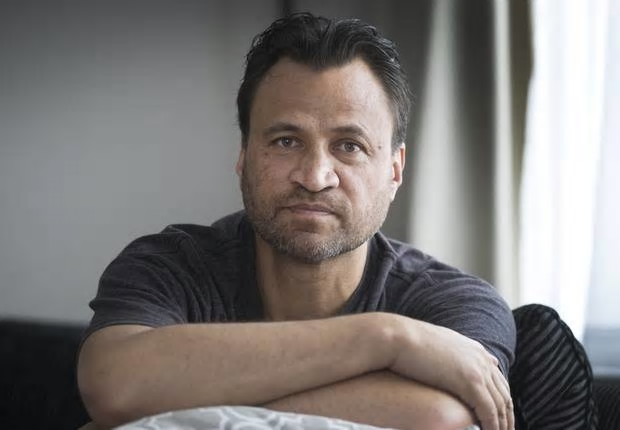Lung Cancer Patients waiting a year for Keytruda funding decision from Pharmac
Lung Foundation New Zealand continues to advocate for immunotherapy to be funded for lung cancer (a standard of care abroad). Meanwhile the very protracted process is costing lives.
Story by: Amy Wiggins
[email protected]
New Zealand Herald
12 Feb, 2018
Hundreds of lung cancer patients whose lives could be saved by a new treatment labelled a “miracle drug” are still waiting for a funding decision a year after it was first lodged.
In February last year an application was lodged for funding for immunotherapy drug Keytruda to be used as an initial treatment for people with advanced non-small cell lung cancer and a high level of the protein PD-L1. A year later, no decision has been made.
In May, Pharmac’s Pharmacology and Therapeutics Advisory Committee deferred the decision on whether to fund the new drug for lung cancer. It was considered again in November.
Lung Foundation chief executive Philip Hope said his understanding was the decision had been deferred again but Pharmac was unable to confirm the outcome of the meeting until the minutes were published later this month.
But while Pharmac delayed its decision, people were dying, Hope said.
“Delays cost lives and around 500 lung cancer patients that are suited to this type of treatment, which is considered the standard of care abroad, face a premature death unless they self-fund,” he said.
In 2016, Pharmac agreed to fund Keytruda, also known as Pembrolizumab, for people with advanced melanoma after a huge public outcry and since then hundreds of Kiwis have used the drug.
While many melanoma patients have been able to access the drug for free, others are still battling to come up with $60,000 to try Keytruda as a last ditch effort to slow or kill other types of cancer including New Zealand’s biggest cancer killer, lung cancer.
The delay to approve funding for Keytruda for lung cancer was now longer than that endured by melanoma patients, Hope said. “Yet lung cancer kills four times the number of people in New Zealand every year compared to melanoma.”
A study comparing Keytruda with chemotherapy in lung cancer patients found almost 45 per cent of patients responded to treatment with Keytruda compared with a response of almost 28 per cent for patients on chemotherapy.
The Pharmacology and Therapeutics Advisory Committee considered the results of the study in May but decided to defer the decision “pending publication of mature survival data and further information regarding the use of PD-L1 expression as a bio-marker”.
Hope said about 500 Kiwis with lung cancer would benefit from having Keytruda available as an initial treatment option while it would give another 1000 people another treatment option in conjunction with chemotherapy.
But having it only available as a second-line treatment was not enough, Hope said. Once other treatments had failed, only 20-30 per cent of those 1000 people would be alive and well enough to try Keytruda, he said,
Hope said the Government needed to invest more money in Pharmac so it could fund new drugs but also said the funding process was too slow for people dying of cancer.
Health Minister David Clark said the Government was committed to providing a good level of funding for Pharmac to make sure people had affordable access to a range of medicines but it would never be possible to fund everything.
Asked whether he would direct Pharmac on the funding of certain drugs, Clark said the organisation operated independently so it would be inappropriate to do so.
Another chance
Jason Guttenbeil was diagnosed with stage 4 lung cancer and given 6-9 months to live but Keytruda has kept him alive.
Lung cancer patient Jason Guttenbeil says it is disappointing the funding decision for Keytruda as an initial treatment for lung cancer has been deferred again.
The 45-year-old father of four was given six to nine months to live when he was diagnosed with stage four lung cancer in May and says he would not still be here were it not for Keytruda.
Two rounds of chemotherapy did nothing so his family saved and fundraised to try the new immunotherapy drug.
Within six weeks his tumour had halved in size. Since then it had been a case of one step forward, two steps back but he still had hope.
Despite his own struggles he has been pushing for the drug to be funded so everyone has a chance to get the extra time he has had.
Guttenbeil said he has spoken to a number of other lung cancer patients who were seeing great results and believes there is more than enough evidence to see it approved for first-line funding.
The earlier lung cancer got detected and the sooner a person could start treatment with Keytruda, the better their chances, he said.
Lung Cancer in New Zealand
• New Zealand’s biggest cancer killer
• Every day five people die of lung cancer and six people are diagnosed with the disease
• Five drugs funded for lung cancer treatment
• Five drugs going through the funding process with Pharmac


